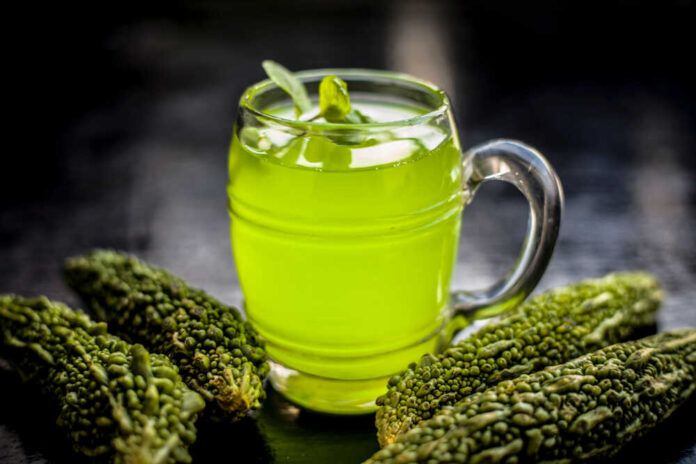
Diabetes affects millions of people worldwide and is a leading cause of death and disability.
And despite all of the advances in diabetes management, many people still struggle to control their blood sugar levels or avoid complications related to the disease.
As a result, individuals living with diabetes may be compelled to explore the world of supplements and herbs, hoping to find natural, or complementary alternatives to conventional treatments.
However, the effectiveness and safety of these products are not always clear, and misinformation can easily circulate.
Do Herbs and Supplements Actually Help Diabetes?
Despite the allure of quick and easy solutions, there is only weak scientific evidence to support the idea that some supplements or herbal remedies can effectively treat or manage diabetes.
Clinical studies have failed to produce consistent and conclusive evidence that these alternative therapies are effective at managing diabetes.
In fact, in some cases, supplements and herbs can have unintended side effects, which could interfere with prescription medications or exacerbate diabetes-related complications.
Furthermore, you should keep in mind that the supplement and herbal industries are largely unregulated. This means that the quality, safety, and efficacy of these products cannot be guaranteed.
Which Supplements May Help Diabetes?
Among the many dietary supplements that have been tested for diabetes management, a few stand out as being particularly promising. These include:
- Alpha-Lipoic Acid (ALA): ALA is a powerful antioxidant that has been shown to improve insulin sensitivity and glucose metabolism. In addition to helping lower blood sugar levels, ALA may also protect against diabetic neuropathy, a common complication of the condition.
- Chromium: Chromium is an essential trace mineral involved in the metabolism of carbohydrates and lipids. Chromium supplementation may improve glycemic control and insulin sensitivity in people with type 2 diabetes.
- Magnesium: Magnesium is a vital mineral that plays a role in over 300 enzymatic reactions in the body. Low magnesium levels are associated with poor glycemic control and increased risk of type 2 diabetes. Supplementing with magnesium may help improve insulin resistance and glycemic control.
- Cinnamon: This popular spice has been shown to have potent anti-diabetic effects, as it may lower blood sugar levels and improve insulin sensitivity. Adding cinnamon to your diet or taking a supplement may help improve your diabetes management.
- Fenugreek: Fenugreek seeds contain high amounts of soluble fiber, which can help slow down the absorption of carbohydrates and sugars in the gut. Some studies suggest that fenugreek supplementation may improve glycemic control and insulin resistance.
- Ginseng: Ginseng, particularly American and Asian ginseng, has been found to have beneficial effects on blood sugar regulation and insulin sensitivity. While more research is needed, incorporating ginseng into your routine could potentially enhance diabetes management.
- Bitter Melon: Bitter melon, a vegetable native to Asia, Africa, and the Caribbean, has been traditionally used to manage diabetes. It contains compounds that can potentially lower blood sugar levels and improve insulin sensitivity.
Safety and Precautions When Using Supplements and Herbs
While supplements and herbs may, in some cases, provide support for managing diabetes, they should never be used as a substitute for proper medical care.
Just because a supplement or herb is marketed as “natural” doesn’t mean it is safe or effective.
Always consult your healthcare provider before beginning any new supplement or herbal regimen, especially if you are currently taking medication for diabetes or other health conditions.






















